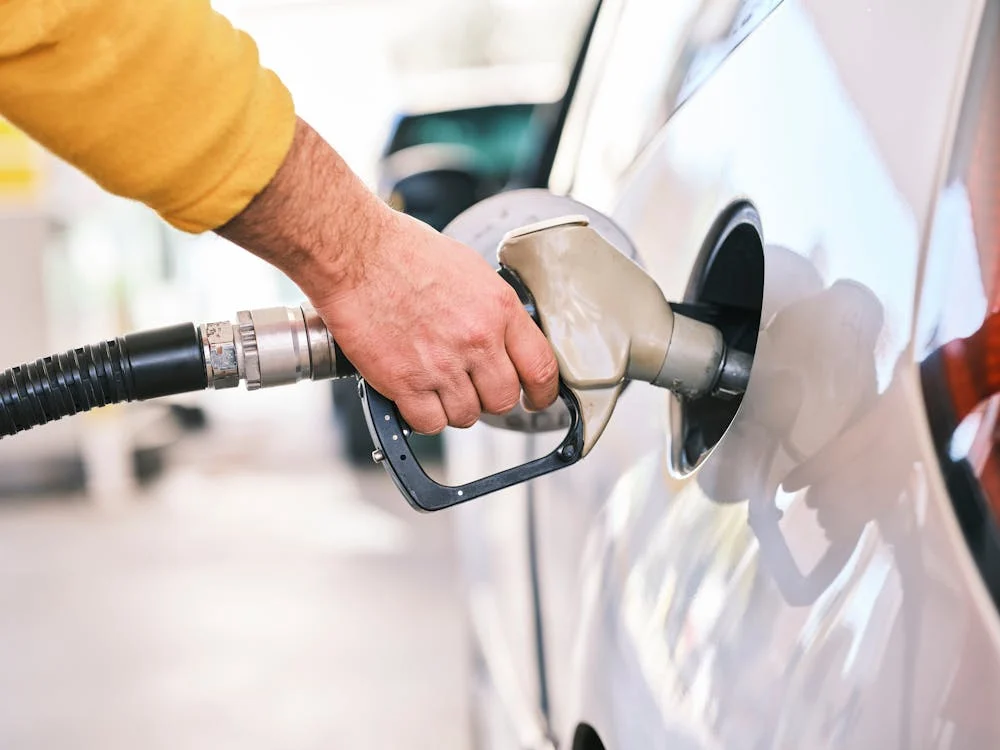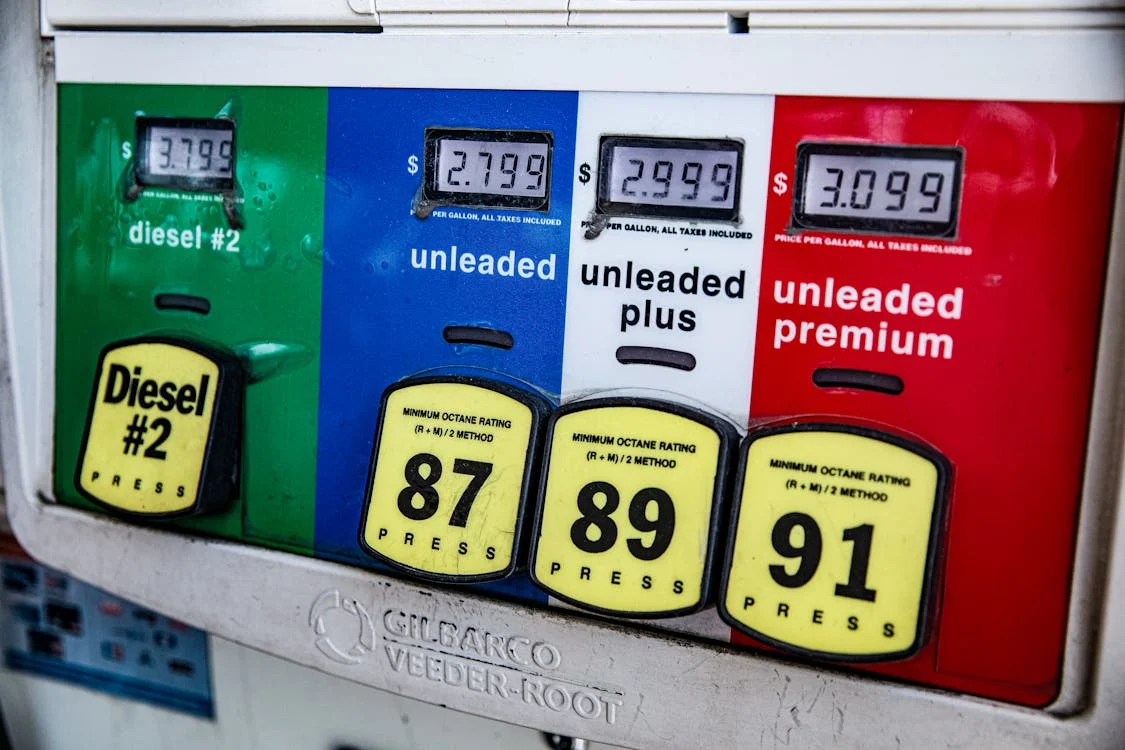Fuel Efficiency Tips: How to Maximize Gas Mileage and Save Fuel

- Why Fuel Efficiency Is Important
- Driving Techniques to Improve Fuel Economy
- Mechanical Tips to Improve Fuel Efficiency
- Fuel-Saving Tips for Better Gas Mileage
- FAQ
Improving fuel efficiency is a step towards a more sustainable lifestyle. With gas prices fluctuating and environmental concerns growing, maximizing gas mileage is more critical than ever. This guide explores essential insights to enhance your car’s fuel economy, covering driving techniques, mechanical adjustments, and fuel-saving tips.

Why Fuel Efficiency Is Important
Economic Benefits
Maximizing fuel efficiency means you’ll spend less at the pump. Over time, these savings can add up significantly, especially for drivers who regularly cover long distances. Adopting a proper driving technique to increase fuel economy, such as smooth acceleration and steady speed, can reduce fuel consumption and save money.
Environmental Impact
Lowering fuel consumption reduces greenhouse gas emissions, making it a responsible choice for those concerned about climate change. A fuel-efficient car can help reduce your carbon footprint while maintaining performance.
Vehicle Longevity
Efficient fuel use often correlates with smoother driving habits and proper car maintenance, which can extend the life of your vehicle. Whether driving a new or a used car, improving fuel economy benefits your wallet and your vehicle’s lifespan.
Driving Techniques to Improve Fuel Economy
Smooth Acceleration and Braking
Rapid acceleration and sudden braking are among the biggest culprits of high fuel consumption. You can maintain consistent speeds and improve gas efficiency by adopting a smooth driving style.
Use Cruise Control
If you are wondering “Is cruise control fuel efficient?” Yes, it is — especially on highways. Cruise control helps maintain a steady speed, reducing unnecessary acceleration and braking. This consistency improves gas mileage, particularly during long-distance trips.
Avoid Idling
Idling burns fuel without moving the car, which wastes energy and money. Turning off your engine when parked or waiting can contribute to fuel savings.
Plan Your Routes
Combining errands and planning your trips can help you avoid unnecessary mileage. Apps and GPS tools can assist in finding the most fuel-efficient routes, further enhancing car efficiency.
Maintain Moderate Speeds
Driving at high speeds increases wind resistance and decreases fuel efficiency. Sticking to moderate speeds can help you save gas while driving without sacrificing too much time.
Mechanical Tips to Improve Fuel Efficiency
- Regular maintenance. A well-maintained car is a fuel-efficient car. Regular oil changes, engine tune-ups, and air filter replacements are crucial for maintaining car fuel economy.
- Check tire pressure. Underinflated tires increase rolling resistance, leading to higher fuel consumption. Regularly checking and maintaining the correct tire pressure can improve gas mileage significantly.
- Reduce extra weight. Unnecessary weight in your car reduces gas efficiency. Removing heavy items from the trunk and backseat can make a noticeable difference in fuel consumption.
- Upgrade your vehicle. If your car is outdated, consider switching to a more fuel-efficient car. Many used cars are equipped with modern features designed to maximize fuel economy.
- Fuel system cleaning. Keeping your fuel injectors clean ensures optimal engine performance, offering a reliable way to increase MPG and reduce waste.

Fuel-Saving Tips for Better Gas Mileage
Use High-Quality Fuel
High-quality fuel can improve your engine’s performance and longevity. It helps maintain cleaner engine components and ensures smoother combustion, improving overall car fuel efficiency. Investing in premium fuel may also prevent costly repairs in the long run.
Monitor Fuel Consumption
Tracking your car’s fuel consumption can help you identify patterns and areas for improvement. You can adjust your driving habits by keeping a close watch on miles per gallon (MPG) data through apps or your vehicle’s dashboard. Regular monitoring allows you to spot potential mechanical issues early.
Avoid Excessive Use of Air Conditioning
Using air conditioning excessively can increase fuel consumption, especially during stop-and-go traffic. On moderate days, consider opening the windows or using the ventilation system for airflow. Being mindful of your A/C usage can lead to noticeable fuel savings.
Drive During Off-Peak Hours
Traffic jams and frequent stops can wreak havoc on fuel economy, causing unnecessary idling and wasted gas. Opting to drive during off-peak hours saves time and allows you to maintain a steady speed, reducing strain on your engine and improving overall gas mileage.
Carpool or Use Public Transportation
Whenever possible, carpooling or opting for public transit reduces the number of vehicles on the road. This collective approach helps save fuel, alleviates traffic congestion, and reduces environmental impact. Sharing rides can be a simple yet effective step towards sustainable commuting.
By implementing these fuel savings tips, you’ll not only save money but also contribute to a more sustainable and enjoyable driving experience. Driving a brand-new car or purchasing from a reliable used car dealer in Philadelphia, optimizing your car’s fuel economy is a win-win for you and the environment.
FAQ
How to get better gas mileage on the highway?
Maintain a steady speed using cruise control, avoid rapid acceleration, and minimize air conditioning use. These steps can significantly improve highway fuel efficiency.
Why is it important to maximize fuel economy?
Maximizing fuel economy saves money, reduces environmental impact, and promotes vehicle longevity. It benefits both your finances and the planet.
How to save gas while driving in the city?
Adopt a smooth driving technique, avoid idling, and plan routes to minimize stop-and-go traffic. Regular car maintenance also helps improve gas mileage in urban settings.
How to improve gas mileage mechanically?
Regular maintenance, checking tire pressure, and reducing extra weight in the car are effective mechanical ways to improve fuel efficiency. Upgrading to a fuel-efficient vehicle can also be a long-term solution.
Is cruise control fuel efficient on city roads?
While cruise control is excellent for highway driving, it’s less effective in city conditions with frequent stops and variable speeds. Save cruise control for longer trips on open roads.
This article is a set of legal notes from RollsAuto.com, an automotive website that strived to help customers find used vehicles, provide a financial center, payment calculator, etc.
These articles on the website are for educational and informational purposes only. The material in the article is distributed without profit to further propagate this information, which is appreciated and helps readers understand car selling more effectively.
The view in the article does not necessarily reflect the author's opinion. This site is not liable for the potential damages, lost profits, or any other losses of any kind caused by your reliance on the information in this article.
RollsAuto.com is only the author of these articles and is not in any way affiliated with the manufacturer or service provider mentioned. All trademarks are property of their respective owners and are mentioned as examples. Privacy and Terms policy: www.rollsauto.com/privacy-policy

